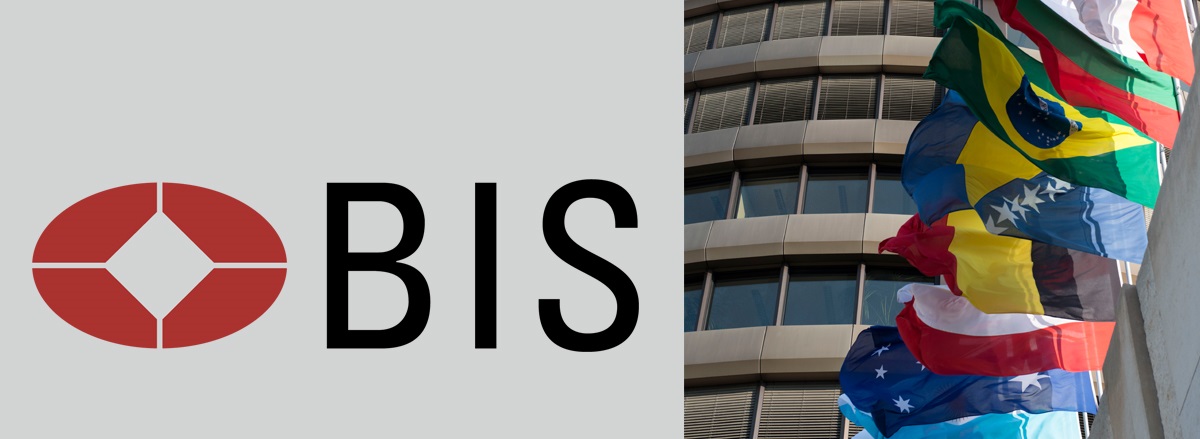
A BIS working paper (no 1178) writen by Agustín Carstens and Nandan Nilekani
Advances in digital technology have transformed people’s lives in recent decades. But large swathes of the financial system are stuck in the past. Many transactions still take days to complete and rely on time-consuming clearing, messaging and settlement systems and physical paper trails. Improving the functioning of the financial system is thus an important public policy objective. But building a financial system fit for the future requires a vision for what we want to achieve.
We propose the concept of the „Finternet” as a vision for the future financial system: multiple financial ecosystems interconnected with each other – much like the internet. The Finternet would be designed to empower individuals and businesses by placing them at the centre of their financial lives. Unified ledgers are a promising vehicle to turn this vision into reality. Grounded on a digital-first approach and leveraging tokenisation, unified ledgers would improve existing financial transactions, but also make entirely new financial products and transactions possible. We describe the economic rationale for the Finternet as well as its required technical, regulatory and legal building blocks. In addition, we lay out eight fundamental design considerations that we feel should be a core part of the future financial system.
We identify three necessary components: an efficient economic and financial architecture, the application of cutting-edge digital technology and a robust legal and governance framework. Unified ledgers are a promising vehicle to deliver on all three. In particular, by bringing together multiple financial assets in a single venue, they could vastly reduce the need for lengthy messaging and clearing processes, thereby delivering more efficient and reliable services for users.
This paper lays out a vision for the Finternet: multiple financial ecosystems interconnected with each other, much like the internet, designed to empower individuals and businesses by placing them at the centre of their financial lives. It advocates for a user-centric approach that lowers barriers between financial services and systems, thus promoting access for all.
The envisioned system leverages innovative technologies such as tokenisation and unified ledgers, underpinned by a robust economic and regulatory framework, to dramatically expand the range and quality of financial services. This integration aims to foster greater participation, offer more personalised services and improve speed and reliability, all while reducing costs for end users.
Most of the technology needed to achieve this vision exists and is fast improving, driven by efforts around the world. This paper provides a blueprint for how key technical characteristics like interoperability, verifiability, programmability, immutability, finality, evolvability, modularity, scalability, security and privacy can be incorporated, and how varied governance norms can be embedded.
Delivering this vision requires proactive collaboration between public authorities and private sector institutions. The paper serves as a call for action for these entities to establish a strong foundation. This would pave the way for a user-centric, unified and universal financial ecosystem brought into the digital era that is inclusive, innovative, participatory, accessible and affordable, and leaves no one behind.
Banking 4.0 – „how was the experience for you”
„So many people are coming here to Bucharest, people that I see and interact on linkedin and now I get the change to meet them in person. It was like being to the Football World Cup but this was the World Cup on linkedin in payments and open banking.”
Many more interesting quotes in the video below: